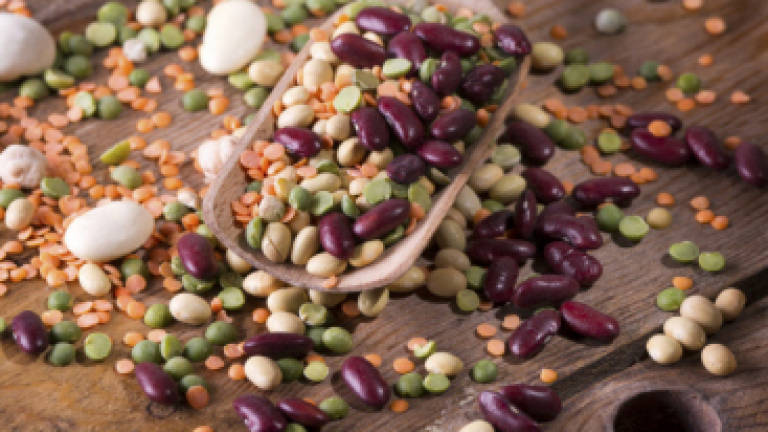The truth behind popular food myths: an expert weighs in

FOOD trends often come and go, and with them a lot of confusion about what we should and shouldn't eat for a healthy, balanced diet.
Nutritional epidemiologist Karin Michels from the UCLA Fielding School of Public Health, USA, has spent much of her career studying how health can be optimized through a proper diet, and agrees there are many misconceptions around various foods. Believing that many people are not adequately advised on their diets by health professionals, which could have important outcomes for future well-being, here she explains the truth behind some of the most common nutrition myths.
Myth: Red meat is a good source of iron
Although many believe red meat is important to avoid an iron deficiency, Michels says what many of us don't realize is that the iron from red meat is very different from the iron that comes from vegetable sources, legumes and whole grains.
"The red-meat iron actually promotes cardiovascular disease," Michels explains. "The plant iron found in beans and green leafy vegetables is much healthier. Unfortunately, it is more difficult to absorb, so we need to consume more of it or help absorption by consuming vitamin C-rich foods at the same time."
Myth: Alcohol should be avoided
Alcohol is thought by many to be unhealthy, but the evidence is mixed. "Alcohol cleans out your coronary arteries, so if you have a strong family history of coronary artery disease, it may help you," Michels says. "On the other hand, you have to balance that against the fact that alcohol increases the risk of many cancers. For most people, we recommend limiting alcohol consumption to one beverage a day."
Myth: Top up your calcium levels
Calcium is often promoted to strengthen the bones, but Michels says most people get plenty in a balanced diet and don't need to up their calcium levels.
The only two subgroups which she says need an increased amount of calcium are children and postmenopausal women, but even in these groups calcium-containing foods or small doses of supplements should be sufficient – too much calcium may raise the risk of coronary artery disease.
Myth: Milk is good for you
Although milk is widely accepted as a part of a healthy diet Michels explains that, "Cow's milk is not designed for humans – its composition is completely different from that of human mother's milk."
Part of the problem she adds is that to increase efficiency cows are artificially inseminated to remain in a constant state of simultaneous pregnancy and lactation – which leads to significant doses of the pregnancy hormones estrogen and progesterone making their way into milk products, which can increase the risk for several cancers. Michels prefers plant alternatives such as almond and soy milk. — AFP Relaxnews